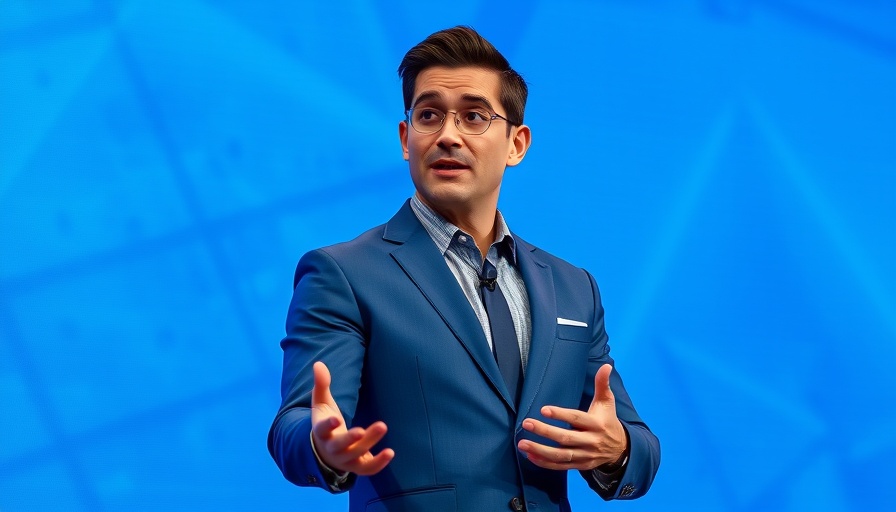
Rethinking Tariffs: A Call for Maximum Flexibility
In a pivotal moment for the U.S. medtech industry, AdvaMed CEO Scott Whitaker recently pleaded for tariff relief during a Senate Finance Committee hearing. Describing the industry as the “global superpower” of medical innovation, he emphasized that the complexity of the medical supply chain demands significant tariff flexibility.
Whitaker’s testimony underscored the critical role that medtech products play — they are often essential to patient lives, making the current tariff policies concerning. “Tariff policy, if deployed in the wrong way, could put all of that at risk,” he stated, illustrating the urgency for change in tariff regulations to safeguard the supply chain.
Why Tariff Relief Matters for Health and Innovation
The medtech sector represents 40% of global sales and supports three million jobs in the U.S. As Whitaker pointed out, many medical devices encompass hundreds of global components, making shifts in operations extremely complicated and lengthy.
For consumers, this means that any increase in costs due to tariffs could be passed down to them, affecting their access to vital medical technologies. Hospitals often enter into multi-year contracts with suppliers, making it nearly impossible to adjust prices swiftly in response to rising costs.
Future Implications: What Lies Ahead for Tariff Policies?
As discussions around trade continue, the medtech industry’s plea for a “zero-for-zero” tariff approach holds significant implications. Such a policy could not only stabilize the supply chain but also foster innovation that benefits consumers, particularly those interested in alternative wellness solutions. A favorable trade environment could ensure that essential technologies remain accessible and affordable.
Ultimately, Whitaker’s call to action serves as a crucial reminder that the intersection of policy and health technology must prioritize patient care and global leadership in medical innovation.
 Add Row
Add Row  Add
Add 




 Add Row
Add Row  Add
Add 



Write A Comment